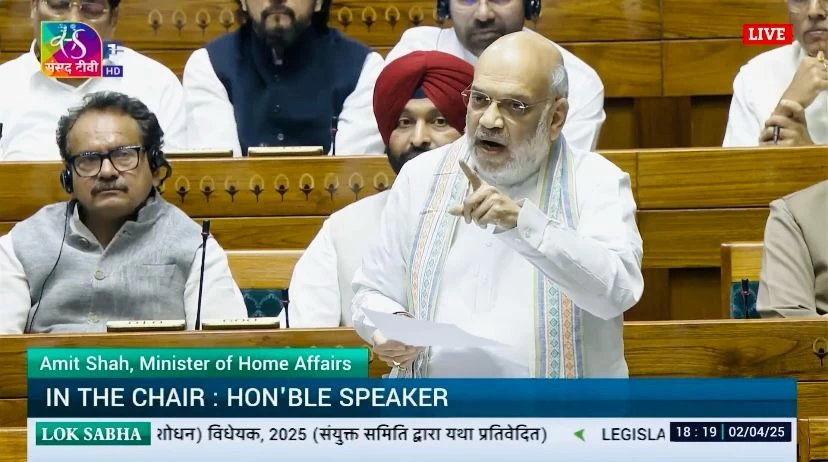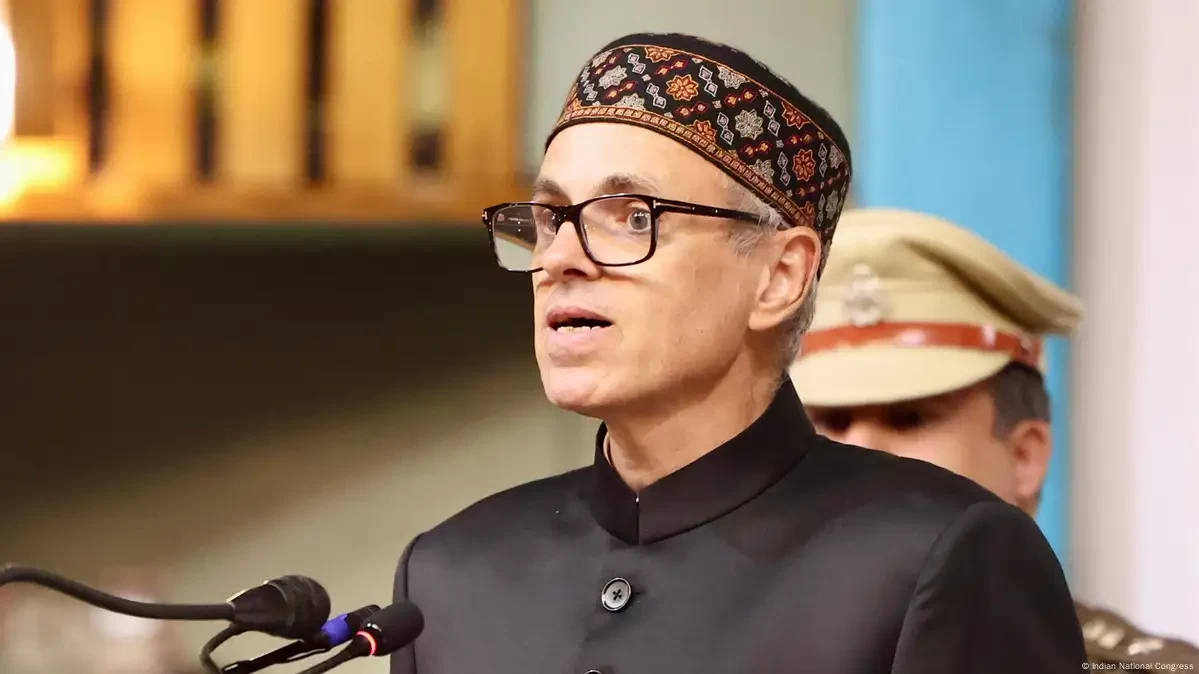Latest Updates
“Non Muslim In Council For Transparency…” Amit Shah Defends Waqf Amendment Bill in Parliament, Calls It A Fulfilment Of Lalu Yadav’s Wishes

Photo Credit
Sansad TV
Union Home Minister Amit Shah on Wednesday spoke in the Lok Sabha on the Waqf (Amendment) Bill, 2025, addressing concerns and countering opposition claims during a contentious debate. The bill, which proposes 40 changes to the Waqf Act of 1995, has sparked sharp divisions, with the government defending it as an administrative reform and critics labelling it an overreach into Muslim religious affairs.
Shah sought to clarify the bill’s provisions, particularly the inclusion of non-Muslims in Waqf councils and boards, which has drawn significant scrutiny. "Through this House, I would like to tell Muslims of the country that not even one non-Muslim would come into your Waqf. This Act has no such provision," he stated, emphasising that the roles of non-Muslims would be limited to property administration. He elaborated, "What would the Waqf Board and Waqf Council do? They would only look after the administration of property donated by someone under Waqf Law, whether it is being used for the intent with which it was donated."
Responding to opposition accusations that the bill interferes with Muslim religious rights, Shah called such claims exaggerated. "That Waqf bill is interference in Muslims’ religious matters and properties donated by them is fear-mongering for vote-bank," he said, pointing fingers at parties including Congress for “politicising the issue”. He also referenced past amendments, noting, "When amendments to the Waqf were introduced in 2013, Lalu Prasad Yadav had said that he wanted a strict law and wanted to put those in jail who were stealing. Narendra Modi has fulfilled Lalu Prasad Yadav’s wishes."
Shah dismissed allegations of the bill having retrospective effect, a point raised by several opposition MPs. "One more misconception is being spread, that this is coming with a retrospective effect. The Bill clearly states that the law will come into effect after the notification is issued by the government when the Bill is passed. So, there is no retrospective effect. But Muslims are being scared," he added
On the issue of property rights, Shah explained that the bill aims to address disputes over land ownership. "The Congress had taken away the right of the poor, whose land was grabbed in the name of Waqf, to go to court. We are giving them that right”, he claimed. He added that only privately owned land donated voluntarily could be registered as Waqf, not government or community property.
Shah also addressed opposition threats that the bill would be rejected by minorities, asserting its legal weight. "वक्फ पर संसद में जो कानून बन रहा है, वह भारत सरकार का कानून है, इसे सभी को स्वीकार करना ही पड़ेगा।" (Translation: "The law being made in Parliament on Waqf is the law of the Government of India, and everyone will have to accept it.")
The Waqf (Amendment) Bill, introduced earlier on Wednesday by Union Minority Affairs Minister Kiren Rijiju, has fuelled a prolonged debate in the Lok Sabha. Opposition parties, including Congress and members of the INDIA bloc, argue it undermines Muslim rights and constitutional principles, while the government insists it brings transparency to Waqf property management. The session extended into the evening as both sides continued to spar over the proposed changes.






.webp)
.webp)

